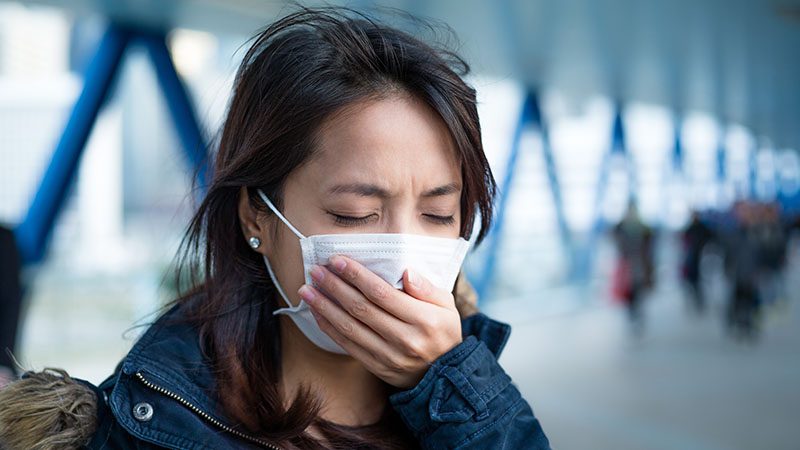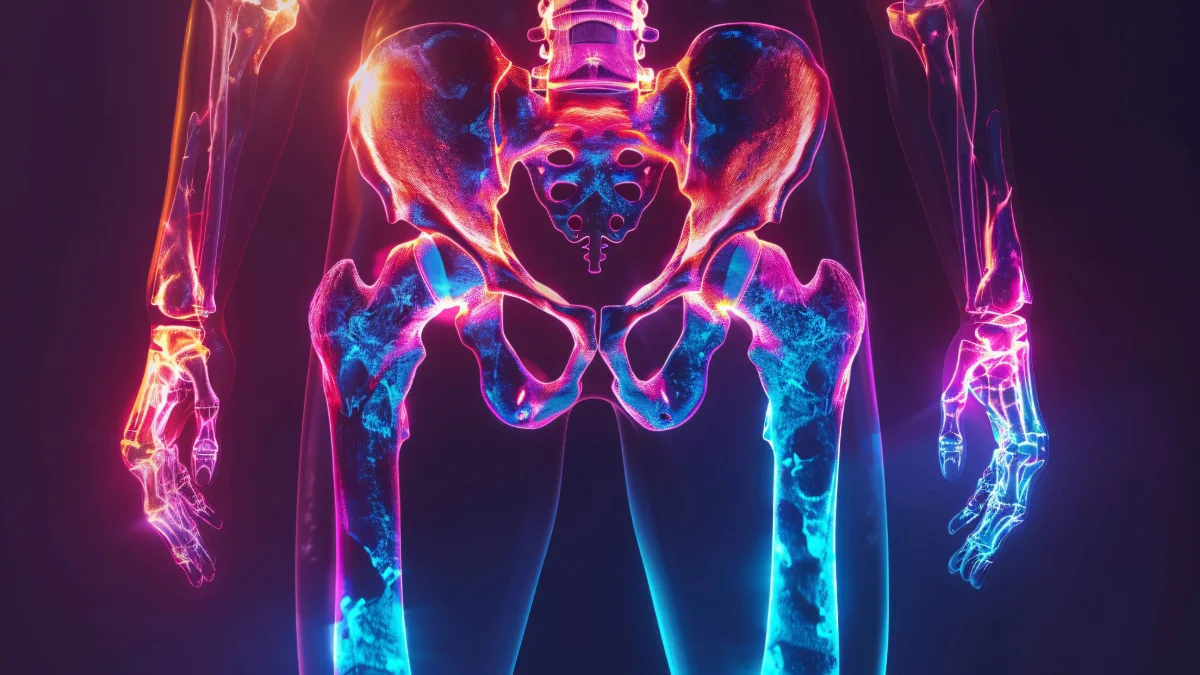What Is Hemoptysis
People who have coughed up blood, encounter blood in their sputum, or experience situations such as bleeding in the mouth while sleeping at night wonder what hemoptysis is. Haemoptysis is caused by the opening of one of the veins in the airways to the bronchi. Haemoptysis can occur in almost any airway disease. Although coughing up blood sometimes can be seen in simpler diseases such as bronchitis, it can be seen in some serious diseases such as lung cancer, tuberculosis, and pulmonary embolism (clot in the lungs), whose early diagnosis is significant.
Coughing Up Blood
Hemoptysis is usually the result of respiratory problems. Haemorrhage often occurs as a result of chronic bronchitis or bronchiectasis. On the other hand, causes such as tuberculosis, heart failure, bronchial problems, pneumonia, and a blood clot that may have formed in the lungs can also cause it. People who experience bleeding in the saliva, bleeding in the mouth during sleep, bleeding from coughing or hemoptysis should see a doctor. Spitting blood is not something that should be neglected, as it can lead to grave consequences. Occasionally, shortness of breath called dyspnoea may occur as a result of a cough with blood. You need to seek medical help in cases such as coughing, shortness of breath, coughing up blood, or calling 112 if the condition is life-threatening.
What Is Hematemesis
Haemoptysis is often bleeding from the mouth, nose and gastrointestinal tract. In the differential diagnosis, bleeding occurs during coughing, while bleeding from the mouth, nose, and throat is usually in the form of bleeding with saliva. The following should be considered when distinguishing between hemoptysis and haematemesis. The hemoptysis blood is bright red and often frothy. The bleeding occurs when vomiting, with the colour of coffee grounds and many particles.
Haematemesis is usually caused by bleeding from a stomach or duodenal ulcer. Irritation of the stomach or oesophagus can also lead to blood vomiting. Liver disease and bleeding from the mouth can also cause haematemesis. Bleeding can also be seen in ruptures of the pharyngeal tube, as a result of heavy vomiting or intense coughing as a result of excessive alcohol consumption. On the other hand, it is known that bleeding from the mouth is rare due to stomach or oesophagus cancer.
Massive Hemoptysis
One of the most significant problems is undoubtedly the amount of incoming blood. Massive hemoptysis is defined as 100 ml (one cup of tea) or 600 ml (three cups) of blood per day. Because it can be life-threatening, it should be monitored and treated immediately. Given that the total volume of a person’s lungs is about 500 cc, if the blood cannot be expelled and filled in the bronchi, this can lead to suffocation in own blood. There are two circulatory systems in the lungs, one is the circulation that supplies the lungs (bronchial) and the other is the circulatory system, which supplies blood that has reduced oxygen in the body and increased carbon dioxide in the lungs (lungs). Massive haemorrhages originate mainly from the bronchial system with high pressure.
Causes Of Hemoptysis
The most common causes of hemoptysis are acute bronchitis, chronic bronchitis, pneumonia, infections caused by tuberculosis, lung cancer, and bronchiectasis. Infections cause in 50 to 70 per cent of cases. Bacterial infections often cause hemoptysis. Viruses such as influenza and HIV (AIDS) and chronic bronchitis can also cause this problem. Lung cancer is responsible for about 20% of hemoptysis. One of the rare causes is a gynaecological condition called endometriosis is also causing hemoptysis, bleeding can usually occur during menstruation. These haemorrhages are called catamenial hemoptysis. Some environmental factors, such as arsenic, asbestos, nickel, and ether, can also cause it. Some parasitic infections can also cause hemoptysis when they affect the lungs. Vascular diseases such as clotting in the lungs, arteriovenous malformations, and arterial aneurysms can also cause hemoptysis. Despite all types of tests, the cause cannot be detected in approximately 10% of patients and this condition is called idiopathic (unexplained) hemoptysis.
Diagnostic methods
The most commonly used diagnostic methods for hemoptysis are sputum examination, direct chest X-ray, tomography, digital substrate angiography (DSA), and bronchoscopy. Direct chest X-rays have low sensitivity in detecting the causes of hemoptysis. For this reason, other diagnostic methods, especially tomography, are often needed. Tomography has a sensitivity ranging from 60% to 100%. The use of bother – tomography, and bronchoscopy in the assessment of hemoptysis significantly increases the frequency of diagnosis and is recommended. Bronchoscopy can examine the cause of hemoptysis, and sometimes, especially in massive hemoptysis, can stop the bleeding.
Treatment Of Hemoptysis
There are 3 main goals in the management of hemoptysis. The first is to prevent bleeding and filling of the bronchi, which makes it difficult to breathe. The second is to stop the bleeding, and the third is to treat the disease that causes hemoptysis. Only in this way can the correct treatment of hemoptysis be done. It is treated depending on the cause. Massive hemoptysis requires urgent intervention, which may require bronchoscopy, embolization (blockage of the bleeding vessel), and surgery. A patient with massive hemoptysis may need to be monitored in the intensive care unit with an interdisciplinary approach.







